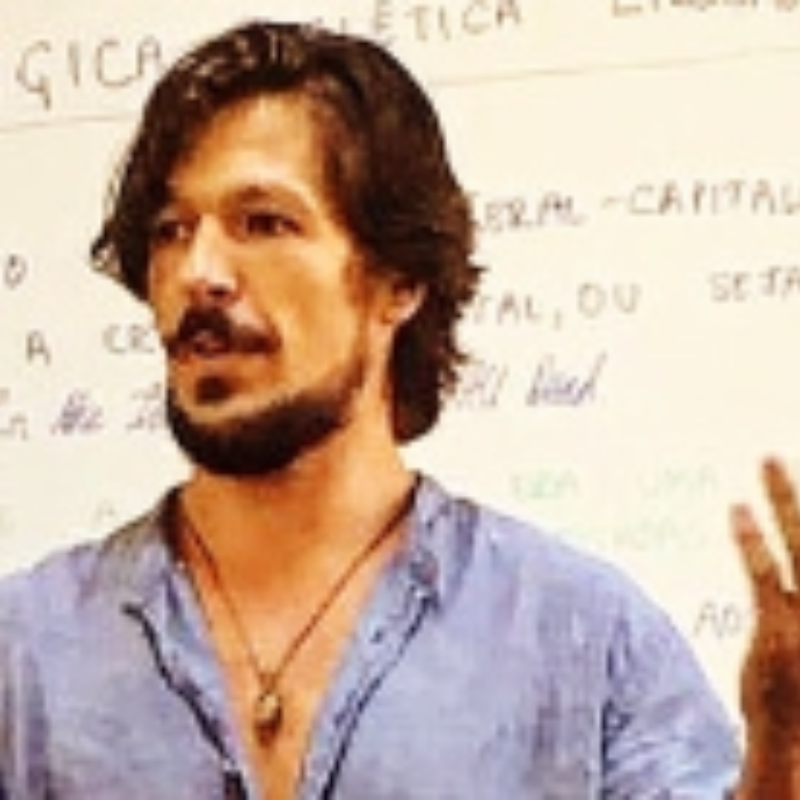Amidst the Debris: Humanitarianism and the End of Liberal Order w/ Juliano Fiori
In recent years, liberal norms and institutions associated with the post-Cold War moment have been challenged by a visceral and affective politics. This has provoked the production of a considerable body of angsty writing on the state of liberalism. Bringing together intellectuals and aid workers, this book interrogates assumptions about liberal order and its putative collapse through discussion of one of its defining features: humanitarianism.
It addresses three main questions: i) How should we understand the relationship between Western humanitarianism, in its contemporary form, and liberal order? ii) Is this really the end of liberal order? iii) To what extent do challenges to liberal order pose a threat to humanitarianism?
Join us for the launch event and participate in a discussion about the book and its relevance to the big political and moral questions of our time.
About the book
For many liberal commentators at the turn of the 1990s, the collapse of the Soviet Union represented a final victory for Western reason and capitalist democracy. But, in recent years, liberal norms and institutions associated with the post-Cold War moment have been challenged by a visceral and affective politics. Electorates have increasingly opted for a closing inwards of the nation-state, not just in the democratic heartlands of Europe and North America, but also on the periphery of the world economy. As the popular appeal of the ‘open society’ is thrown into question, it is necessary to revisit assumptions about the permanence of its enabling political and ethical projects.
Previously promoted by the US and its allies as a necessary complement to liberal capitalist culture and the globalisation of markets, humanitarian multilateralism seems to have lost strategic currency. In this collection of essays, public intellectuals, scholars, journalists and aid workers reflect on the relationship between humanitarianism and ‘liberal order’. What role has humanitarianism played in processes of liberal ordering? Amidst challenges to liberal order, what are the implications for the political economy of humanitarianism, and for the practices of humanitarian agencies?
About the authors
Juliano Fiori is Save the Children’s Head of Studies (Humanitarian Affairs).
Fernando Espada is Save the Children’s Head of Humanitarian Affairs.
Andrea Rigon is Associate Professor at the Bartlett Development Planning Unit, UCL.
Bertrand Taithe is Professor of Cultural History and Director at the Humanitarian and Conflict Response Institute, University of Manchester.
Rafia Zakaria is a writer, political philosopher and attorney.
RSVP